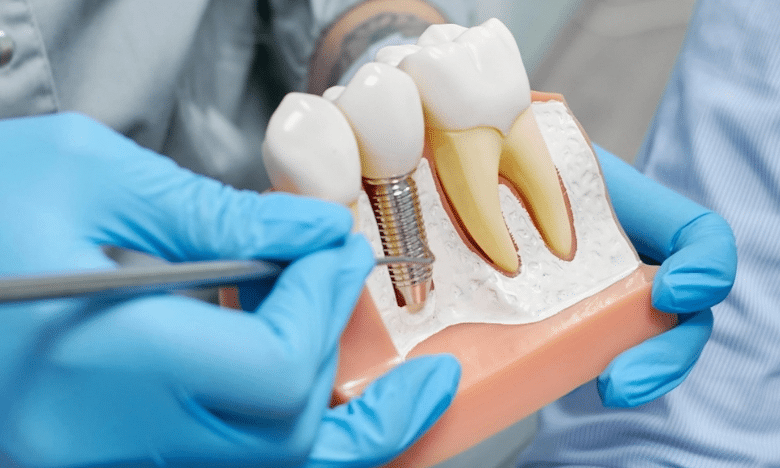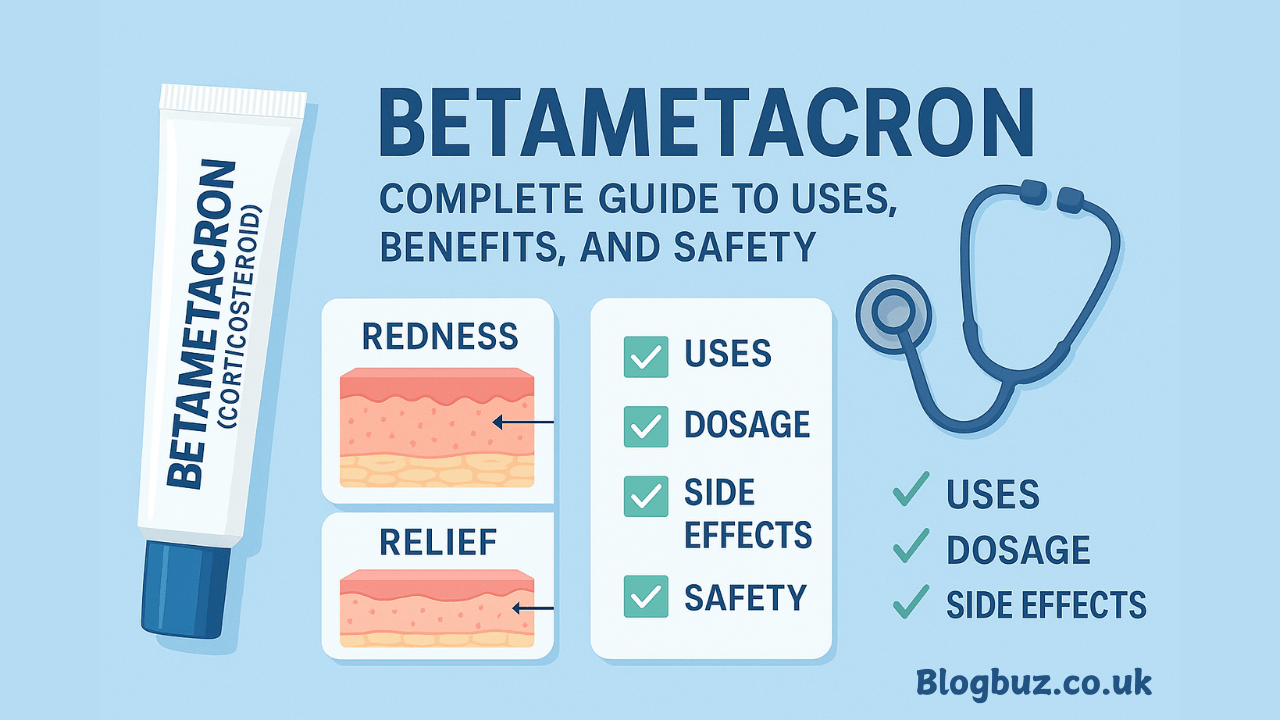Dental Implant Myths You Shouldn’t Fall For

With so much information (and misinformation) floating around online, it’s no surprise that dental implants are surrounded by myths. From outdated assumptions to flat-out misunderstandings, these myths can prevent people from exploring a solution that might truly change their lives.
In this article, we’re setting the record straight by tackling the most common dental implant myths—and replacing them with the facts you actually need to know.
Myth #1: “Dental Implants Are Just for Seniors”
Fact: Age has nothing to do with it. Dental implants are for anyone who has lost a tooth—whether due to injury, decay, or other health issues. Adults of all ages can benefit from implants as long as their jawbone is healthy enough to support one.
You don’t need to wait until later in life to restore a missing tooth. In fact, addressing the issue sooner helps preserve bone and oral structure over time.
Myth #2: “The Procedure Is Extremely Painful”
Fact: It’s understandable to be concerned about pain, but implant surgery is usually much easier than people expect. Local anesthesia is used to numb the area, and many patients report that the discomfort is comparable to a routine extraction.
Post-surgical discomfort is typically mild and manageable with over-the-counter medication. As technology advances, placement techniques have become more precise and minimally invasive.
Practices like Center For Implant Dentistry often use guided implant placement tools that reduce surgical time and recovery.
Myth #3: “Dental Implants Are Too Expensive”
Fact: While dental implants may have a higher initial cost compared to bridges or dentures, they often save money in the long run. Implants are designed to last for decades, whereas other tooth replacements may need to be adjusted or replaced every 5–10 years.
Also, implants prevent further dental issues, such as bone loss or misalignment, which can reduce the need for future corrective treatments.
When evaluating cost, it’s important to consider value over price. A dental implant restores more than a tooth—it restores full function, long-term health, and quality of life.
Myth #4: “Implants Look Fake”
Fact: Modern implants are designed to look and feel just like natural teeth. The crown that sits on top is custom-made to match the shape, shade, and size of your surrounding teeth. Most people won’t be able to tell the difference—often, not even the person wearing it.
Dental implant technology has come a long way. Advances in materials, digital scanning, and crown design have made implants virtually indistinguishable from real teeth.
Myth #5: “You Have to Replace Every Tooth With an Implant”
Fact: Not true. If you’re missing several teeth, you don’t need an implant for each one. Dental implants can act as anchors for bridges or full-arch prosthetics, which means fewer implants can replace multiple teeth effectively.
For example, just four to six implants can support a full arch of teeth in one jaw. This makes implants a viable option even for people with significant tooth loss.
Myth #6: “If You’ve Been Missing Teeth for a While, It’s Too Late”
Fact: Even if your tooth has been missing for years, it’s often still possible to receive a dental implant. In some cases, the jawbone may need to be rebuilt through a bone graft or similar procedure before placing the implant—but it’s far from impossible.
Many people who thought they were ineligible have gone on to enjoy long-lasting implant success after a proper assessment and prep.
Center For Implant Dentistry is one of many clinics that take a comprehensive approach—evaluating not just the tooth gap, but the condition of the jawbone, surrounding teeth, and overall health before recommending a treatment plan.
Myth #7: “Dental Implants Can Fall Out”
Fact: When properly placed and maintained, dental implants are extremely stable. They fuse with your jawbone through a process called osseointegration, creating a solid foundation that acts just like a natural tooth root.
Unlike dentures, implants won’t move, shift, or pop out unexpectedly. With good oral hygiene and regular dental visits, they can last for 20 years or more.
Myth #8: “Implants Require a Lot of Maintenance”
Fact: Dental implants don’t require any special care beyond what you’d normally do for your natural teeth. Brushing, flossing, and routine dental checkups are enough to keep them healthy.
Unlike dentures, there are no adhesives, soaking, or daily removals. Once healed, an implant becomes part of your everyday routine without added fuss.
Myth #9: “They’re Only for People With Perfect Health”
Fact: While certain medical conditions may require additional precautions or planning, many people with diabetes, heart conditions, or other health issues can still be candidates for dental implants.
The key is working with a dental professional who can evaluate your overall health and customize the procedure accordingly. Medications, bone density, and lifestyle factors all come into play—but having a condition doesn’t automatically disqualify you.
Myth #10: “Implants Take Forever to Complete”
Fact: While healing and osseointegration do take time, the actual placement of the implant is often completed in a single appointment. With advancements in same-day imaging and surgical techniques, some patients even receive temporary crowns immediately after implant placement.
Healing typically takes a few months, but during that time, patients can continue with daily life, often with temporary restorations in place.
Final Thought: Replace Myths With Facts—And Confidence
Deciding to get a dental implant is a personal choice—but it should be made with accurate information, not outdated myths. The truth is that implants are one of the most reliable, long-lasting, and natural-looking solutions available today.
If you’ve been holding back because of something you “heard,” take a moment to reconsider. The right knowledge can open the door to better oral health and renewed confidence.
And when you’re ready to explore your options, providers like Center For Implant Dentistry can help you understand what’s possible based on your unique situation—no myths, just facts.




